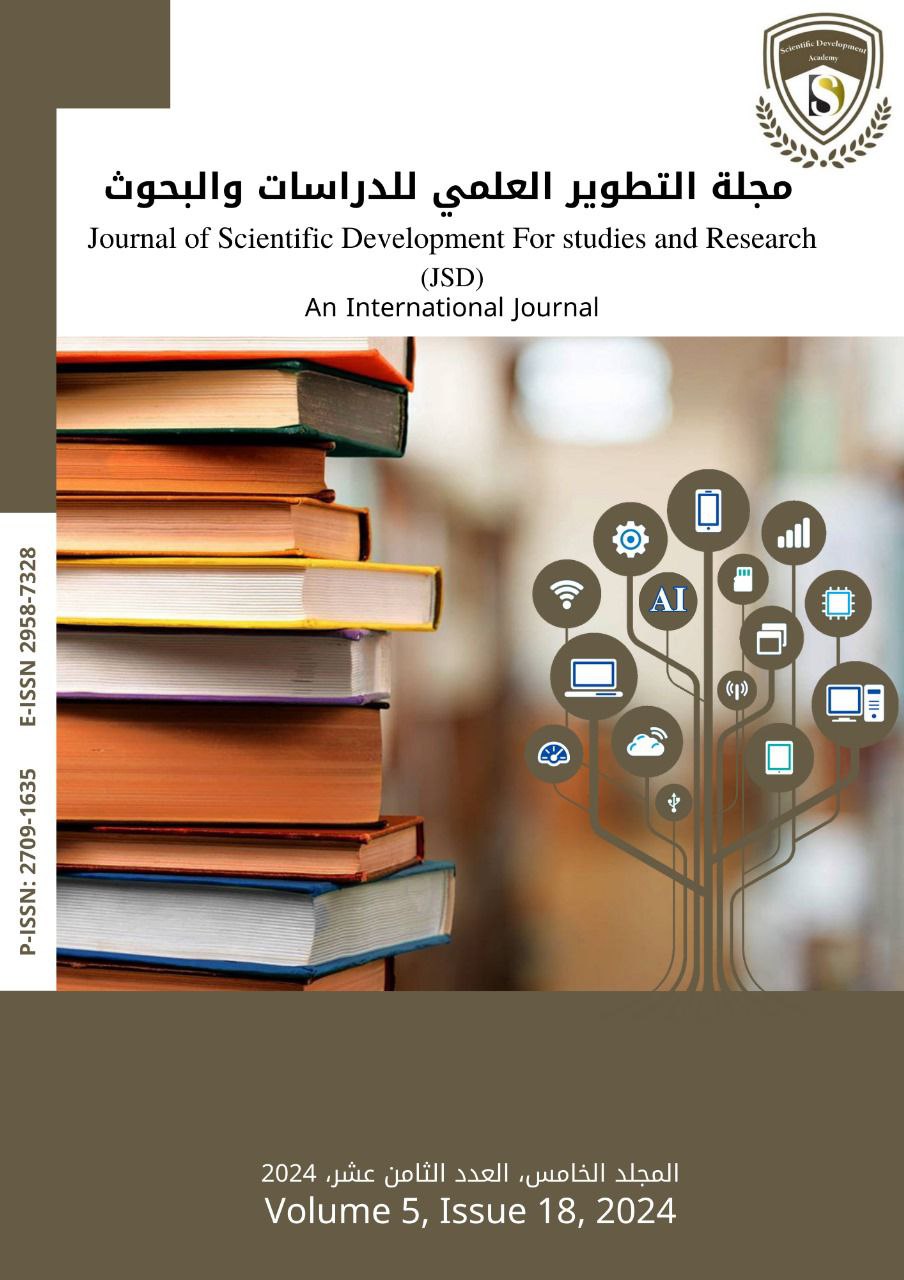The digital revolution contributed to practical reality according to the stages of its emergence in contemporary history (A model)
DOI:
https://doi.org/10.61212/jsd/207Keywords:
: Digital technology, digital universalism, ; digital revolution, geostrategy, social networking sites, political circulation.Abstract
The digital revolution has politically affected the actual political reality through the transformation of the relatively free digital public sphere, under official digital censorship systems, and also for major global digital companies. Digitalization has today become a tool for building digital pressure groups that exercise their criticism and demands outside partisan frameworks and outside constitutional and legal systems, and outside The traditional mechanisms of a representative democratic system, including party pluralism, competitions, parliamentary and party elections within each party, municipal elections, referendums, and the formation of governments based on the results of the elections, or presidential elections in presidential systems such as the United States of America, or parliamentary and semi-presidential elections in the French style.
Therefore, this study seeks to highlight knowledge of several questions about the possibilities of modifying the system of representative democracy towards introducing some forms of direct democracy, and not waiting for general elections to change the policies of elected governments, according to the political phenomena of digitization and its impact on democratic political culture as part of the processes of liquidity, and transformation in terms of the emergence of some phenomena. Populism, the post-truth world, and fake news in politics.
Downloads
Published
Issue
Section
License
Copyright (c) 2024 Journal of Scientific Development for Studies and Research (JSD)

This work is licensed under a Creative Commons Attribution 4.0 International License.



























